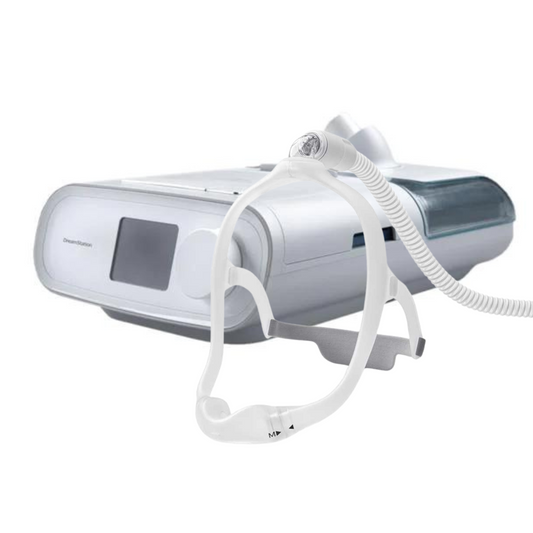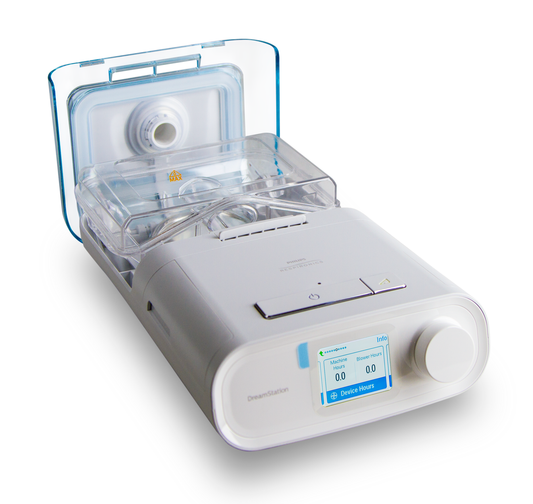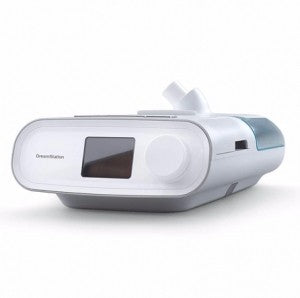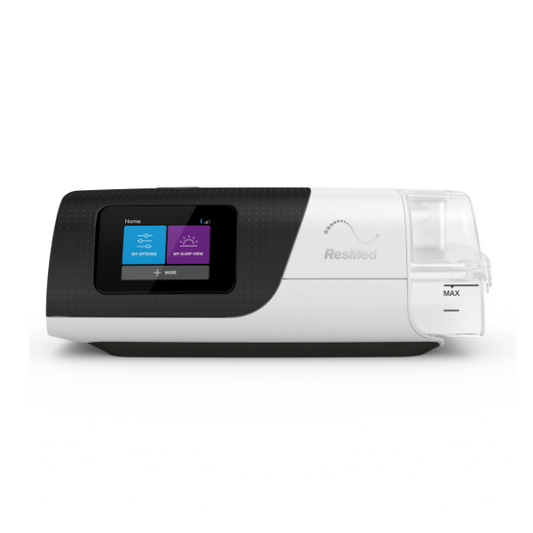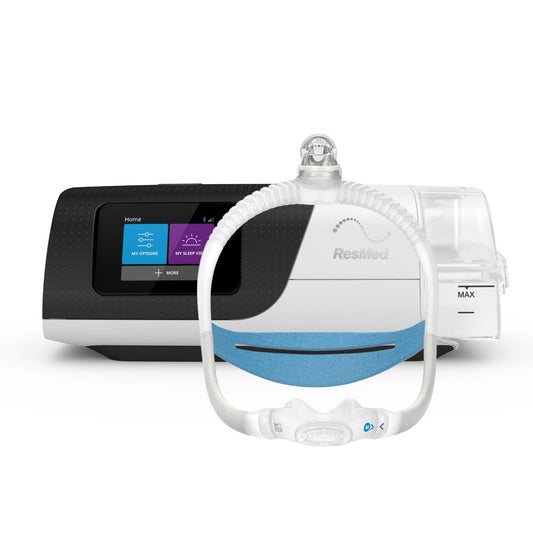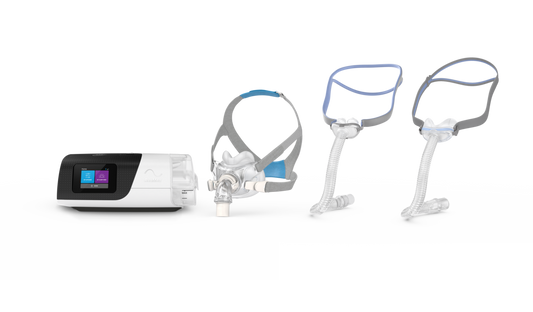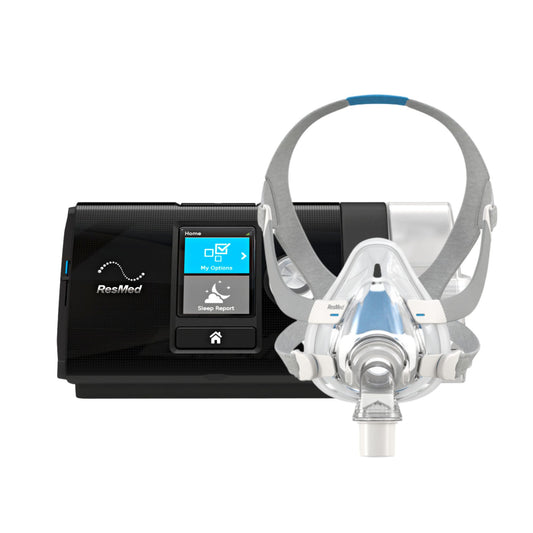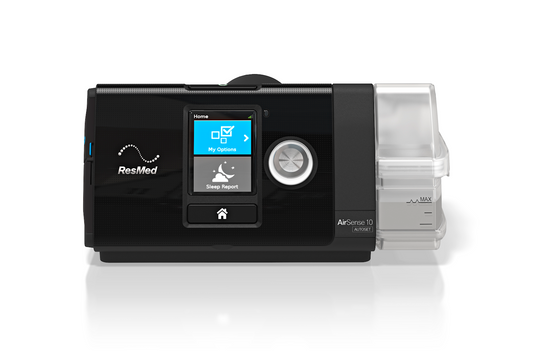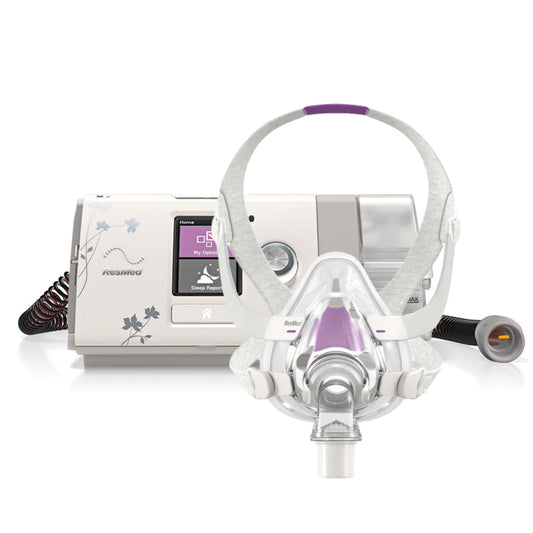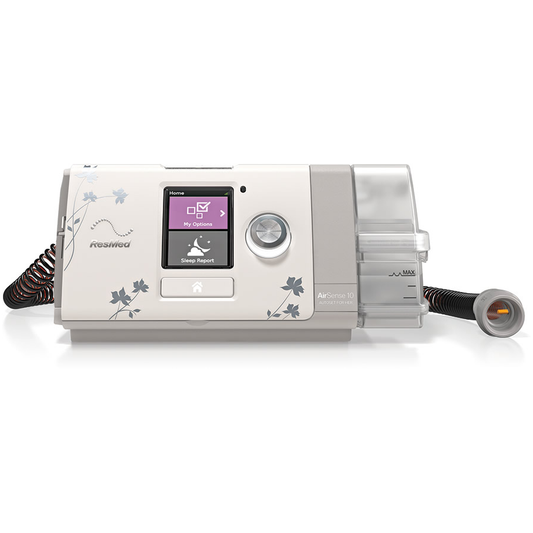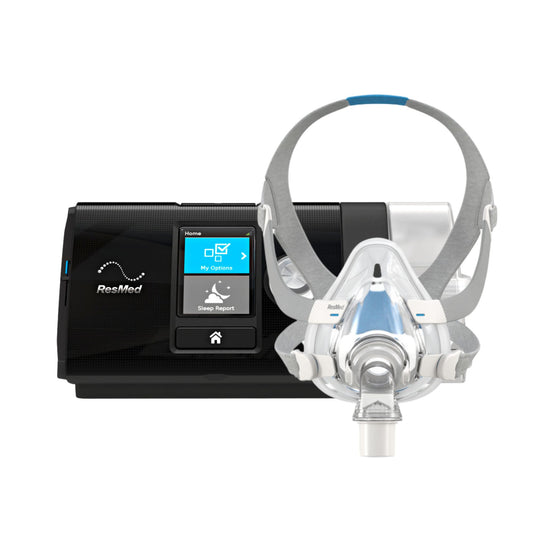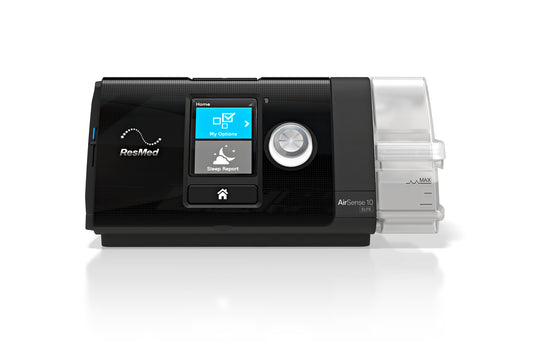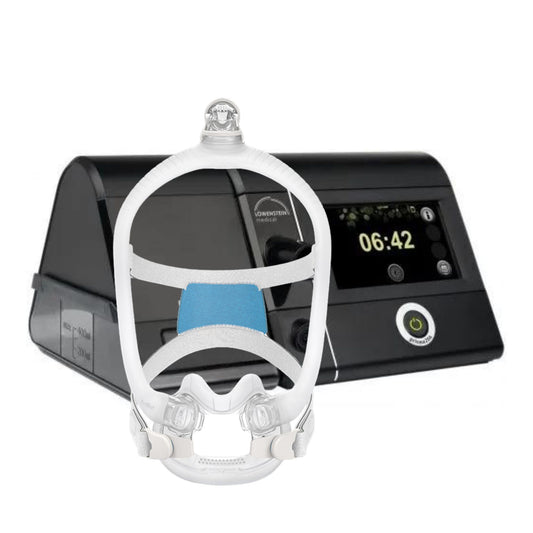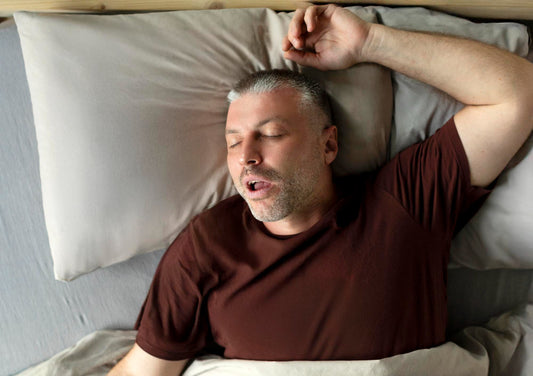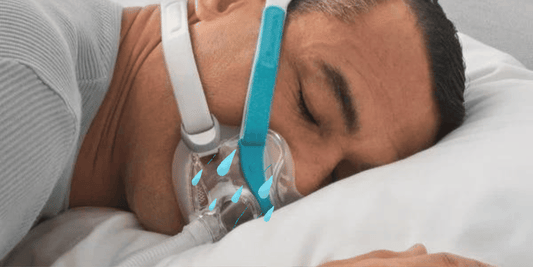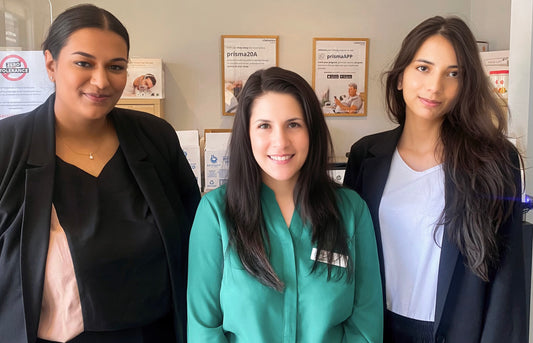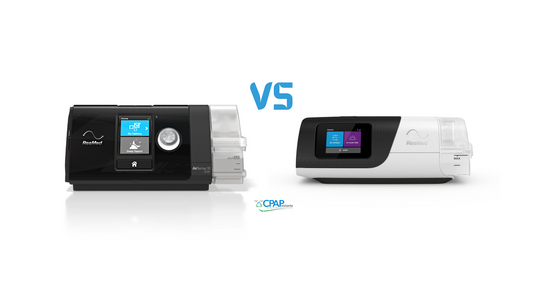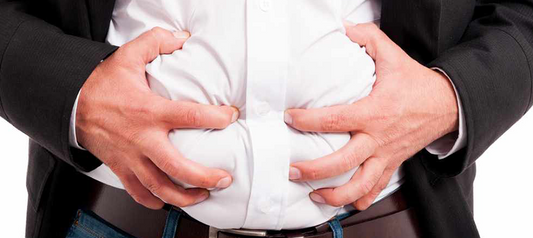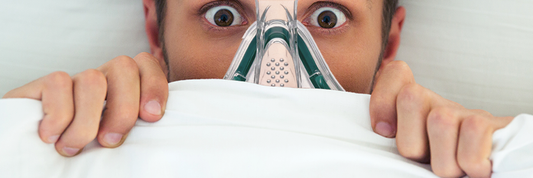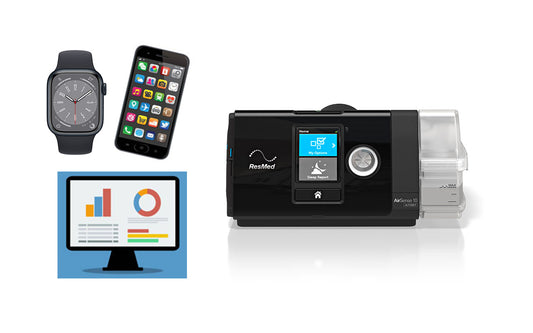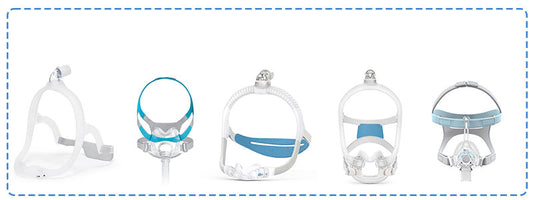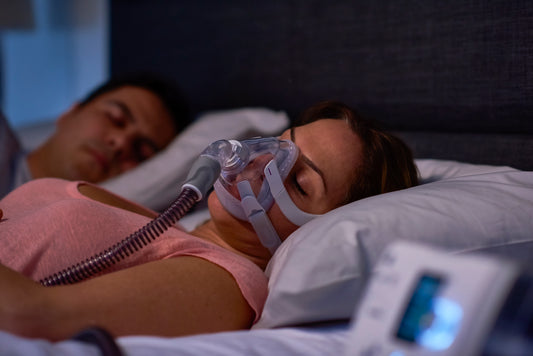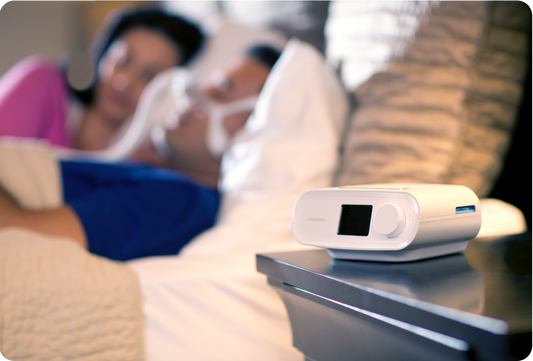 Sleeping is not about the mind and body shutting down. Sleep is an active period wherein various important restorations, processing and strengthening of the body and its vital organs happen. The human body is naturally programmed for a sufficient period of sleep for best health and wellbeing.
Sleeping is not about the mind and body shutting down. Sleep is an active period wherein various important restorations, processing and strengthening of the body and its vital organs happen. The human body is naturally programmed for a sufficient period of sleep for best health and wellbeing.
Studies indicate that one of the primary roles of sleep is to aid in solidifying and consolidation memories. Through the day, the human brains take in and process huge amount of information. These information, experiences and facts need to be processed and stored and this process is done while one sleeps. While one sleeps pieces of information are transferred from short-term to long-term memory. The process is called “consolidation” and scientists agree that people tend to retain information and perform better in memory recall after a restful sleep. The human body needs sufficient hours of sleep so that it can rejuvenate, repair tissues, grow muscles and produce hormones.
How Much Sleep Do We Really Need?
Restful and peaceful sleep is equal to healthy sleep. Each and every one has his own sleep requirement. Adults need about 7- 9 hours of sleep while toddlers need about 11-14 hours of sleep. Teenagers require 8-10 hours. The fact is the younger one is the more restorative sleep he needs for optimal alertness and development. However, there are adults who require 9 hours of sleep and there are those who require only 6 hours to feel rested and great. Then there are those who spend 10 hours sleeping plus naps in the morning, and still they do not feel rested and active.
Idiopathic Hypersomnia
There are various sleep disorders that could be causing one’s temporary insomnia. One of these is idiopathic hypersomnia. Those suffering from this ailment experience recurrent or constant episodes of extreme sleepiness. Other sleeping disorders that cause extreme sleepiness include narcolepsy, obstructive sleep apnoea, movement disorders and taking some form of medications. If a person experiences chronic sleep deprivation, this may cause him to experience extreme sleepiness too. But in such case, catching up on sleep solves the problem. In the case of idiopathic hypersomnia, the condition persists even after a sleep debt is paid off.
Symptoms
If you experience extreme sleepiness the first step is to talk to your physician. After a through consultation regarding the duration and intensity of your symptoms, your doctor may refer you to a sleep specialist. The sleep doctor will most likely get your complete medical history to rule out other conditions. In some cases, extreme sleepiness is due to lack of sleep because of obstructive sleep apnoea. A sleep study will follow to diagnoses the root cause of the sleep problem. Symptoms of idiopathic hypersomnia are:
- Symptoms that have been present for at least 6 months and have not happened within 18 months of experiencing head trauma.
- Absence of mental or medical condition that could be causing extreme sleepiness including sleep disorders such as post-traumatic hypersomnia and narcolepsy.
- Results of polysomnography is normal
Treatment
Currently, the most common treatments for idiopathic hypersomnia are stimulants. Note though that this medication is not a substitute for sleep. People diagnosed with idiopathic hypersomnia are advised to allow more time for sleep in their schedule. They should take naps whenever possible and maintain a regular sleep schedule. Taking alcohol and other medications to make them drowsy is not advisable.
If the cause of extreme sleepiness is OSA, then the treatment is CPAP therapy.
